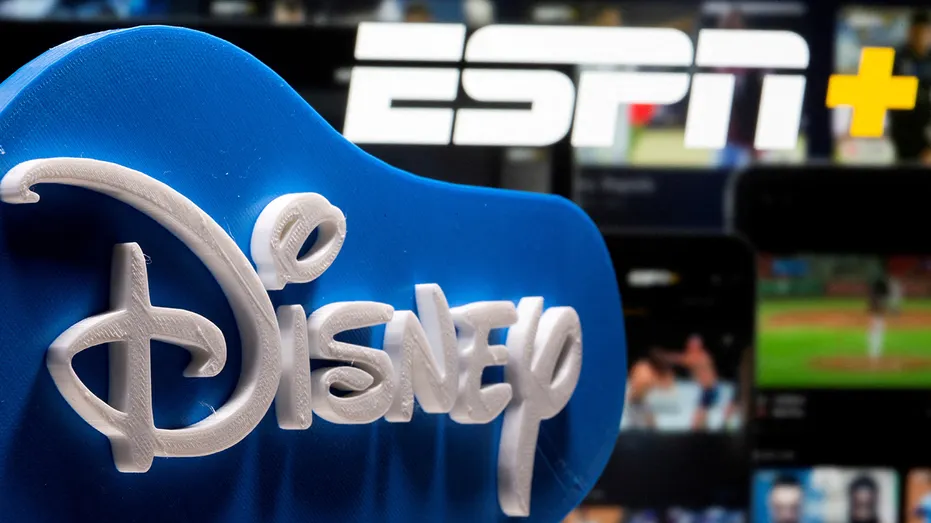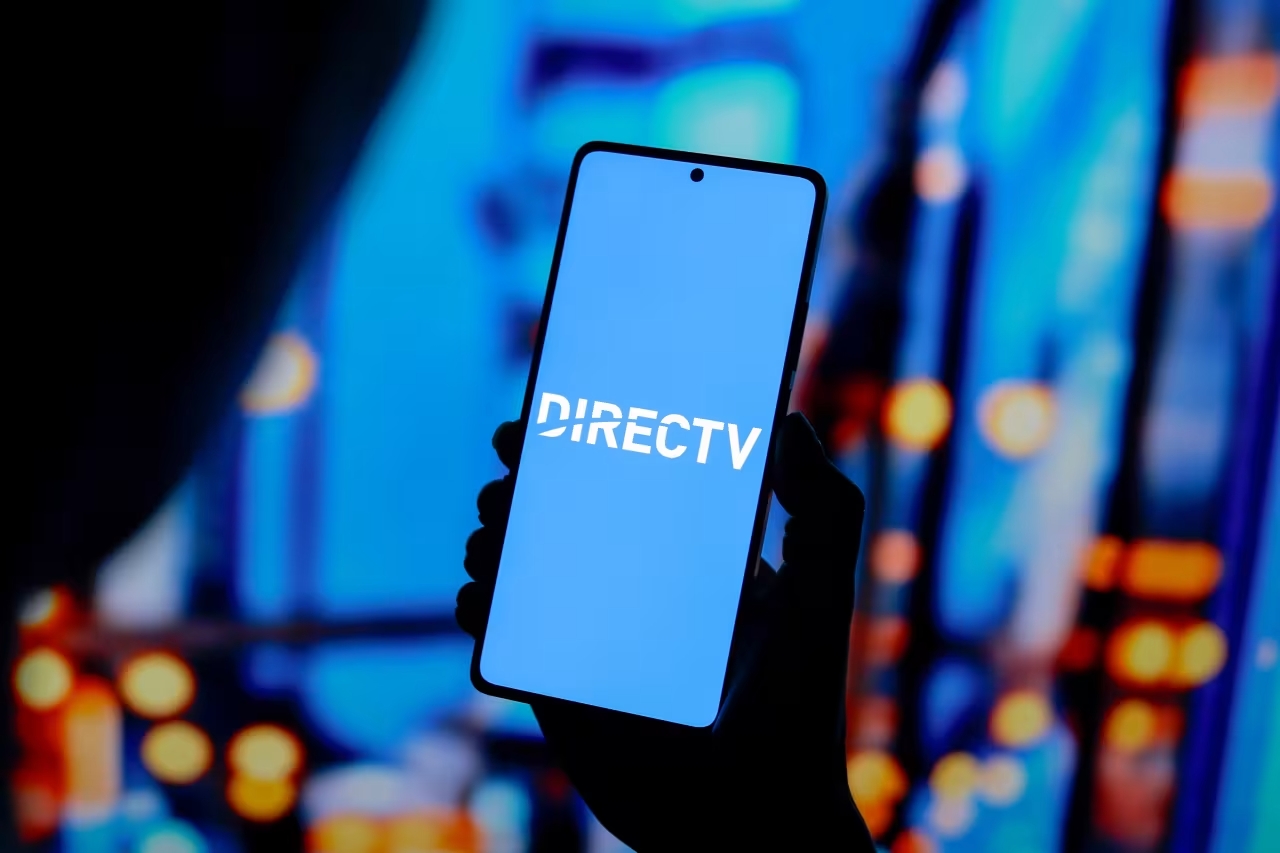DirecTV and Disney have reached an agreement that restores Disney’s ESPN and other channels to DirecTV customers after a blackout that lasted around two weeks.
This agreement comes just in time for major events like college football this Saturday, airing on ABC, ESPN, the SEC Network, and the ACC Network, as well as the Emmy Awards on ABC.
The blackout began on September 1, when the two companies failed to agree on terms regarding fees and bundle structures. As a result, more than 11 million DirecTV customers lost access to major events such as the U.S. Open, college football, and the season’s opening “Monday Night Football” game.
In the weeks leading up to the blackout and during the dispute, DirecTV executives pushed for the ability to offer more flexible, genre-specific bundles to their customers. Disney argued that DirecTV’s offers did not reflect the value its networks provide.
On Saturday, DirecTV and Disney announced they had reached a deal based on “market-based terms” for pricing.
The agreement also allows DirecTV to offer a variety of genre-specific options, including packages focused on sports, entertainment, and kids and family programming.
These packages will include Disney’s traditional TV networks along with its streaming services—Disney+, Hulu, and ESPN+.
According to a release issued by DirecTV on Saturday, the company will also have the ability to offer Disney’s streaming services both as part of its packages and as standalone options.
Furthermore, DirecTV secured the right to distribute Disney’s upcoming ESPN flagship direct-to-consumer streaming service—expected to launch in fall 2025—at no extra cost to its subscribers.
This move mirrors a similar carriage agreement between Charter Communications and Disney last year, following a comparable blackout. That deal was also reached in time for the first week of “Monday Night Football.”
In a joint statement, DirecTV and Disney described this agreement as a “first-of-its-kind collaboration” that provides “customers the ability to tailor their video experience through more flexible options.”
The blackout highlighted the immense value of live sports, both for the media companies that hold the rights to broadcast the games and for the pay-TV providers that carry them.
Since the blackout began on September 1, both companies blamed each other for delaying a resolution. DirecTV labeled Disney as anti-consumer, while ESPN Chairman Jimmy Pitaro referred to DirecTV’s responses to Disney’s package offers as “basically hypotheticals.”

Throughout the dispute, it appears that DirecTV, Disney, their customers, and other businesses were all negatively impacted.
“We never want to black out. It’s not good for either side. It’s not good for the customer, of course. We did everything we could,” ESPN’s Pitaro said in an interview.
According to DirecTV’s Chief Marketing Officer Vince Torres, the number of customers lost during the blackout was “not immaterial.” Torres made these remarks at Goldman Sachs’ Communacopia & Technology Conference on Thursday.
DirecTV provided its customers with a $30 credit, which was made possible by halting payments to Disney as soon as the blackout started, Torres said.
Many small businesses were also affected by the dispute, as they were unable to offer the full range of sports programming they typically rely on.
Many bars and restaurants use DirecTV as a commercial distributor of the NFL’s “Sunday Ticket” package, which was not impacted by the blackout. However, they also depend on DirecTV for other content, including ESPN.
Beyond sports, the blackout also took place during the presidential debate on Tuesday, leaving some DirecTV customers in certain markets without access to ABC, which is owned by Disney.
Disney had proposed temporarily allowing DirecTV to broadcast ABC for the debate, but the pay-TV provider declined, calling it a public relations move. DirecTV argued that it wasn’t necessary to air ABC since the debate was also being broadcast on other news networks.
The issue of antitrust in media has been a focus in recent weeks, particularly after Venu, a joint streaming venture between Warner Bros. Discovery, Fox Corp., and Disney, was temporarily blocked by a judge over antitrust concerns.
Fubo TV initially filed the lawsuit, and DirecTV and Dish Network have since supported it.
Last week, DirecTV filed a complaint with the Federal Communications Commission, accusing Disney of not negotiating in good faith. FCC rules require broadcasters to engage in fair negotiations. However, the release on Saturday did not address the status of this complaint.
In recent years, the entire pay-TV bundle model has been disrupted as more consumers turn to streaming services and other forms of entertainment, moving away from the traditional structure.
This shift has fragmented the media landscape, with live sports—especially Disney’s ESPN—being seen as the key component that keeps the traditional TV bundle alive due to its large viewership.
DirecTV is currently running an ad campaign to remind consumers that it offers more than satellite TV; it also provides a streaming bundle.







Leave a Reply